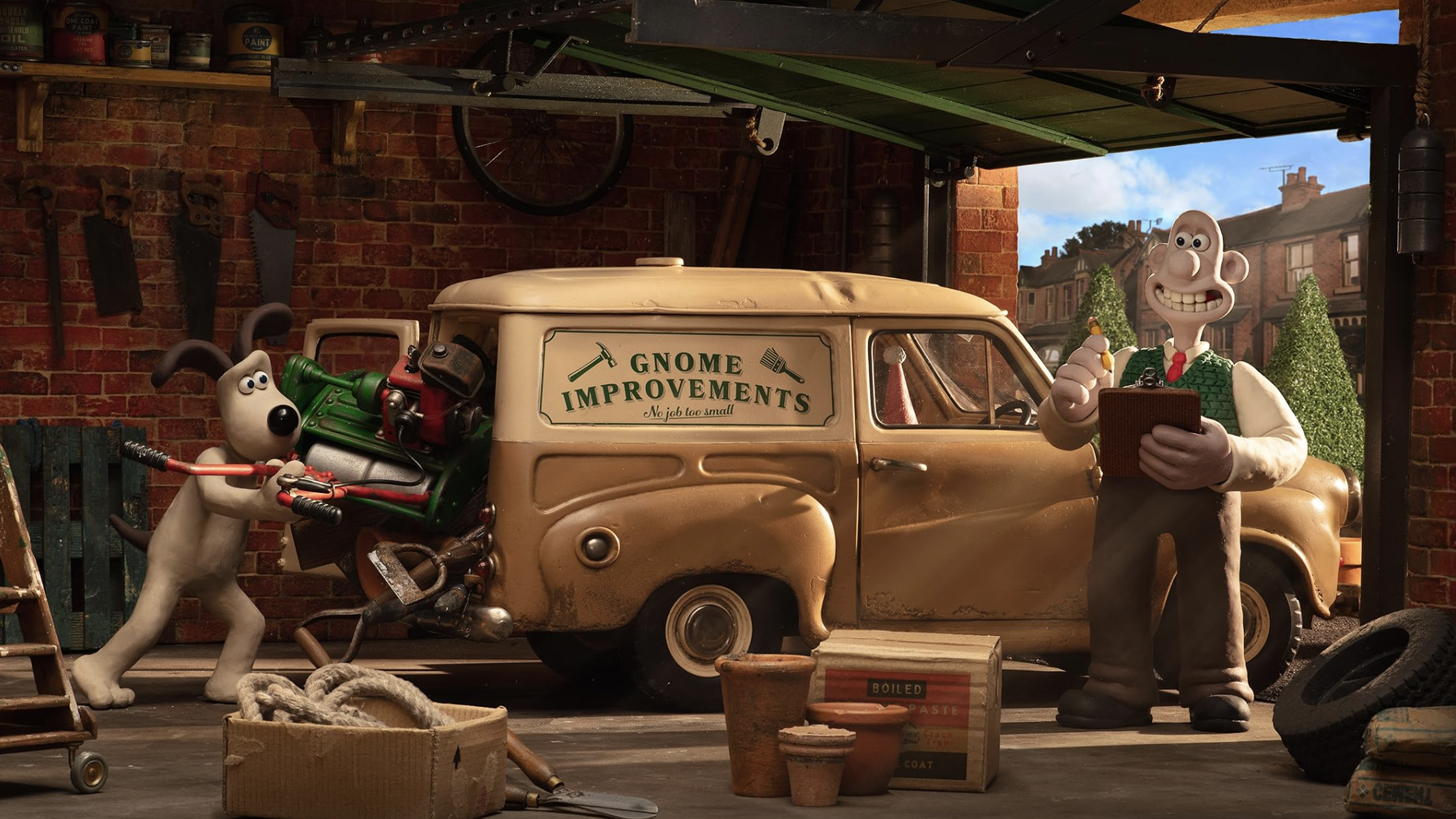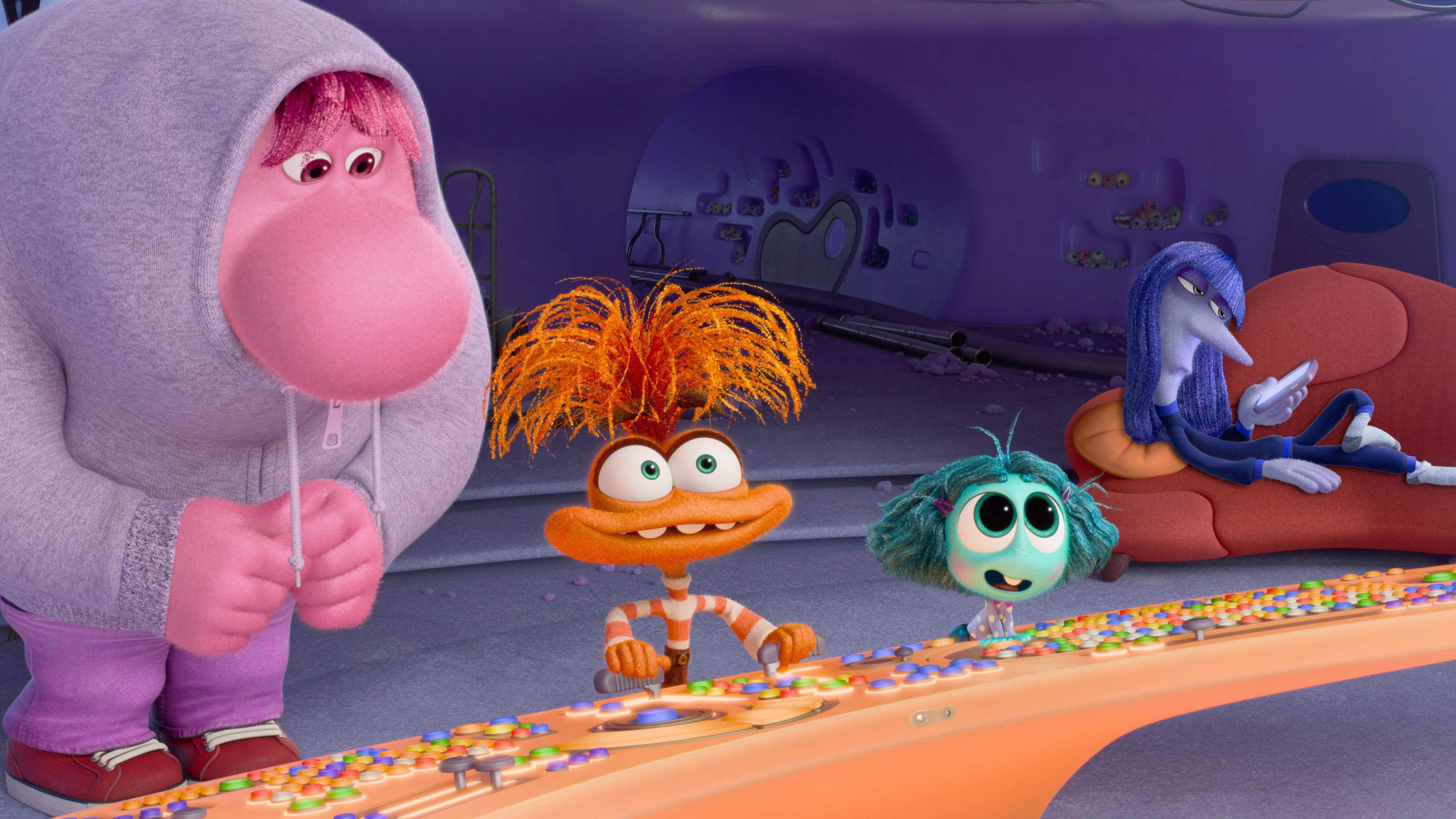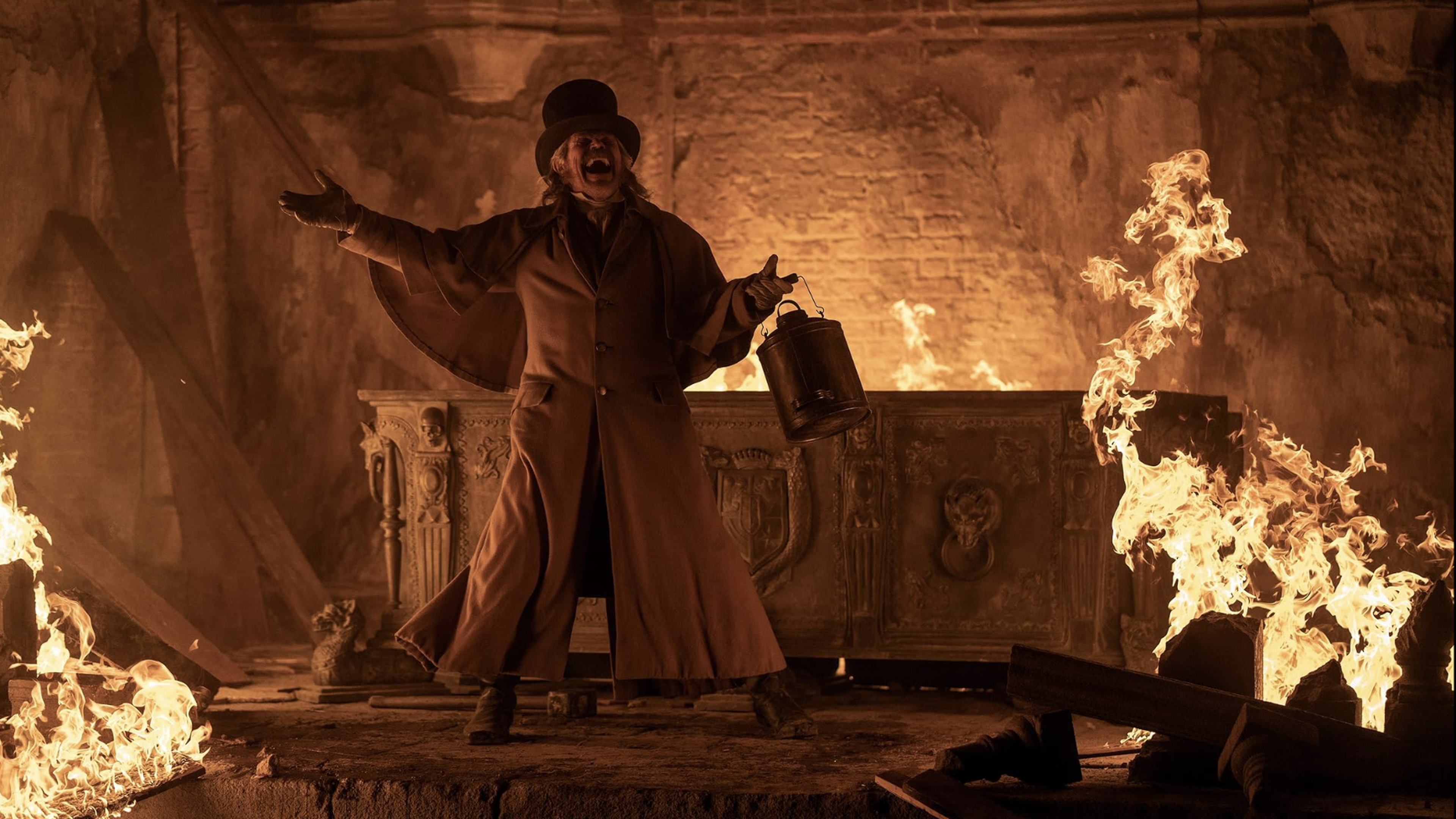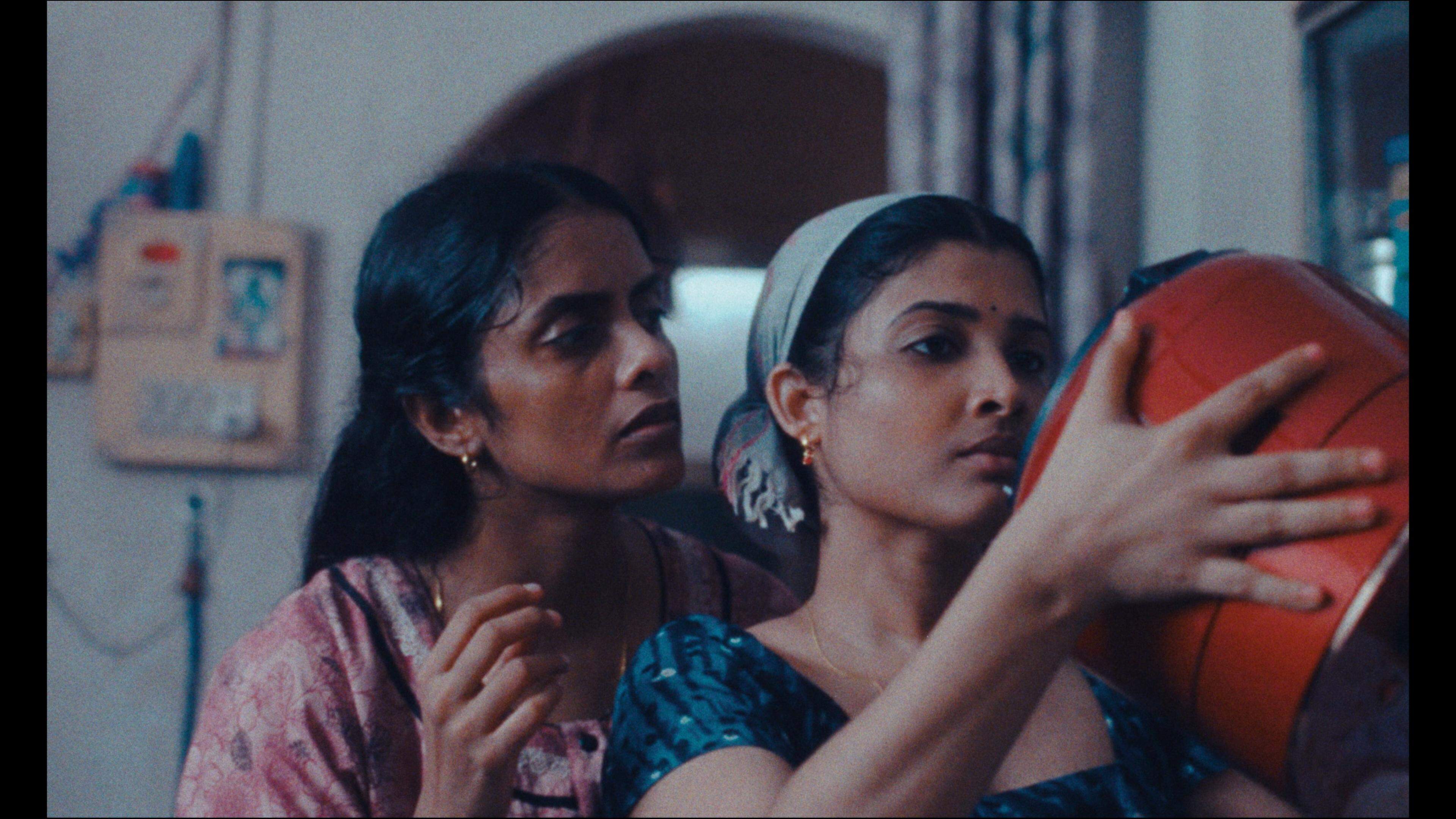Curtains shall soon fall on 2023, a year full of cinematic surprises. Barbenheimer sure shored up some moviegoing enthusiasm, but it isn’t always just the big-budget blockbusters which keep drawing us back to theatres.
Kinepolis (specifically, Ciné Utopia) have finally gotten around to releasing romantic drama film Past Lives, written and directed by Celine Song, in Luxembourg. Beautifully shot and absolutely heart wrenching, it’s also a perfect send-off into the new year - even if it’ll leave you yearning for past lives of your own.
When 12-year old Na Young emigrates from South Korea to Canada, she leaves behind her classmate/crush Hae Sung. Years later, after she’s moved to New York and changed her name to Nora, they reconnect over the internet.
Even across the fuzzy channels of early 2010s Skype, the spark immediately reignites. They chat for hours, admit that they miss each other, and talk about meeting. But Nora (Greta Lee) cuts things off with Hae Sung (Teo Yoo), feeling that the distance makes their obvious connection unbearably hard.
Past Lives quickly establishes a tangibly dream-like quality to it, making the whole film feel like a nostalgic recollection rather than a straightforward narrative. The camera lingers intensely on cityscapes and switches between its romantic leads and languid pans for entire scenes. The visual tone, in a remarkably effective way, goes a long way in imbuing the film with a rare kind of romance.
Twelve years pass in this oneiric atmosphere and Nora finds herself married to fellow writer Arthur (John Magaro). Once again, Hae Sung reaches out, telling Nora that he is visiting New York City soon. Arthur already knows about Hae Sung as a fragment of Nora’s past. In an intimate conversation (again punctuated by lingering camera work), he wonders whether Hae Sung was always the one for her.
It’s not exactly a riveting new spin on the romantic formula: a pair of star-crossed lovers play a decades-long game of will-they-won’t-they, with either one always being unavailable. But it’s in the presentation, defined by long-form Skype calls and longer-form scene writing, that makes Past Lives a real tear jerker.
By the time Hae-Sung finally (after over twenty years) arrives in New York, the film has settled into a rhythm of life passing by in a flash punctuated by brief, life-defining moments of intensity. Past Lives, in this rhythm, doesn’t flagrantly over-romanticise its core connection; there’s no musical swells, no tearful admissions of love, no rain-soaked kisses.
Rather, it highlights the innate romanticism of seemingly everyday moments by hyperfocusing on its minutest of details.
It’s in this final sequence, taking up the final acts of the film, where the initial spark causes an an emotional electrical fire. Hae Sung and Nora reconnect in person, and in its deliberate cinematic language Past Lives conveys everything by the unspoken.
When the ice finally breaks once more, Nora and Hae Sung speak in Korean while Arthur sits idly by - with Past Lives thus delivering a pacing pay off. The deliberateness with which the entire film has honed in on their interactions via looks and touches and things left unsaid, in other words, puts in an enormous amount of legwork.
It might genuinely prove a little challenging for those with shortened attention spans; so much of the film, and so many of its core scenes, are long and speechless. Social cues, perceived by neither lead but detectable by the audience, can only be glimpsed in small, otherwise insignificant moments.
But the film is all the richer for it. What emerges is a nostalgically tragic look back on what could’ve been, as if the entire film is a dreamlike memory of Nora’s. Seoul and New York are stages, and every interaction between the two a subject of intense emotional study in hindsight. And the ending is a real kick in the teeth, too.
Past Lives really achieves a rare thing. Like a flash in the pan, it radically re-reminds you of what films (and particularly the most overtly romantic ones) are capable of.
By setting a slow-yet-fast pace punctuated by life-defining moments, Past Lives is a uniquely dream-like romance which proves that it’s not only the plot that matters; that there is still much to be squeezed out of the form and presentation of a film.
If anything, I find the timing of Past Lives’ release in Luxembourg almost ironic. Why release a heart wrenching emigré romance in-between Christmas and New Year’s? Don’t they know that most viewers will have had their emotional batteries sapped over the holidays?












